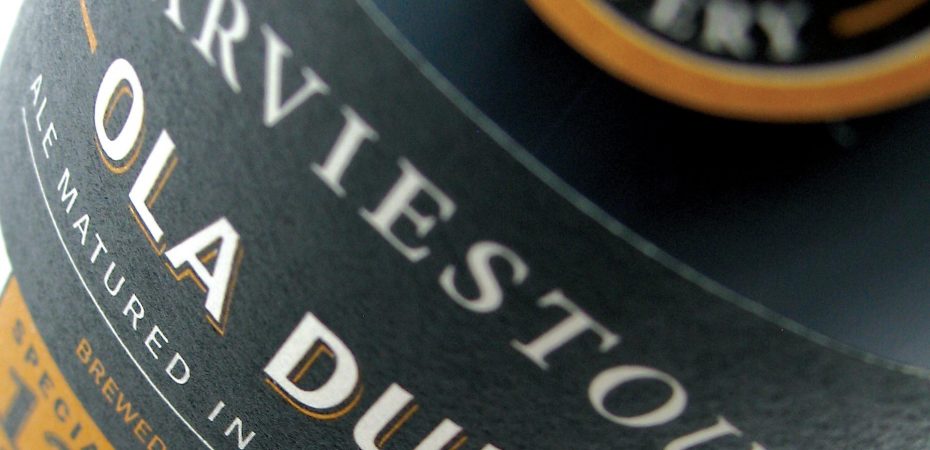No-one knows quite how it happened but it has. Where once they scoffed, beer boffins are now fawning over Scotland’s beer scene like a broody deer on IVF. The country that gave the world Scotch ales, shilling beers and potent brews packaged in purple tins so beloved by denizens of the United Kingdom’s “al-fresco community” is now leading the beer revolution like a frenzied Braveheart after one too many Irn Bru.
Scottish beer finds itself in fine fettle, part of an emerging “New World” brewing order (alongside the likes of Italy, Denmark and Japan) snapping at the heels of more established brewing nations with some esoteric ales and leftfield lagers.
Brewdog, Scotland’s answer to California’s Stone Brewing Co, is ruffling feathers with its big and boisterous beers; Innis & Gunn has wooed drinkers with whisky barrelled elixirs; the Orkney Brewery is creating some superb, seductive suds further north; ancient Scottish brewing recipes, involving heather and gooseberries, are being brought back to life by the William Bros brewery in Alloa; and there are many more micros and craft concerns brewing up some brilliant boutique beers.
Scotland’s engine of innovation was, however, first jump-started back in 1984 by Ken Brooker, a former Ford worker from Dagenham in South London. Some years earlier, the car company had sent Ken to Caledonia and, inspired by a home-brewing boss and the dearth of decent local beer, he abandoned automobiles for ales and set up his own brewery.
In a land of stoic, malty beers where the national tooth is sweeter than a baby chimp in a bikini, Ken opted to go against the grain, quite literally. On a homemade brewery installed within the thick stone walls of a farm in Dollar, a rural town between Edinburgh and Glasgow at the toes of the Hillfoots, Ken initially eschewed the local inclination for malty brews in favour of highly aromatic beers brewed with a variety of fresh and flowered hop varieties.
“We only use whole hop flowers,” said head brewer Stuart Cail, who joined Harviestoun 13 years ago. “It makes a huge difference to our beers. The beers simply wouldn’t be the same if you used oils or pellets. It’s like a Michelin-star chef using freeze-dried herbs and spices in lieu of fresh ones.”
Within a few years and with demand rising, Ken’s makeshift microbrewery made way for a larger 10- barrel brewing system on which Ken and fellow former home-brewer Eric Harris concocted an array of adventurous ales.
Yet it was a citrusy, hop-laden blonde beer that captured drinkers’ imaginations. Named after Ken by his wife, Bitter & Twisted was a new take on the traditional bitter style. Brewed using four hop varieties – (Challenger, Hallertau and Celeia from Slovenia) and late-hopped with Styrian, it couldn’t have been less Scottish if it had tried but it rolled out the red carpet for the hordes of British golden ales that followed.
Article continues in Beers of the World Magazine Issue 24

